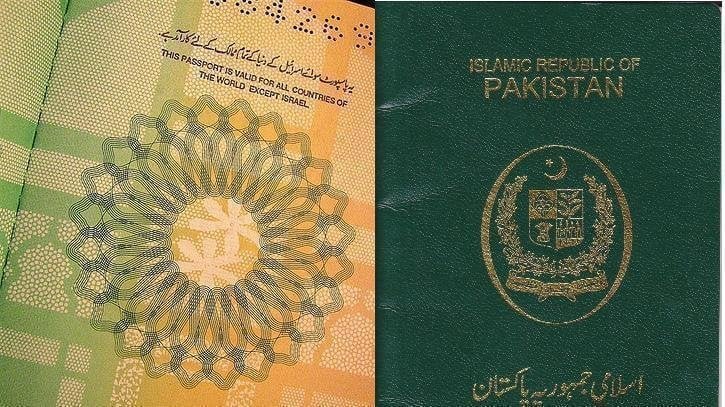Islamic Nations Shock Pakistan over Israel
Introduction:
In a surprising turn of events, several Islamic nations have caught Pakistan off guard by expressing their stance on maintaining relations with Israel. Traditionally, Pakistan, like many other Muslim-majority countries, has refrained from officially recognizing or establishing diplomatic ties with Israel. The recent statements from these Islamic nations indicate a shift in the geopolitical landscape and pose significant implications for Pakistan’s foreign policy. This article delves into the evolving situation, exploring the reactions, possible reasons, and the potential impact on regional dynamics.
The Unprecedented Declarations:
Several Islamic nations, including some with historically tense relations with Israel, have recently made statements emphasizing their commitment to maintain or establish diplomatic ties with the Israeli government. These nations, while acknowledging the complexities surrounding the Israel-Palestine conflict, underscore the importance of engaging in diplomatic dialogues and fostering peaceful relations.

Reactions in Pakistan:
The declarations from these Islamic nations have sparked a range of reactions within Pakistan. While some segments of the population view this as a betrayal of longstanding solidarity with the Palestinian cause, others see it as an opportunity for Pakistan to reassess its own diplomatic strategies. The government’s response, both in terms of official statements and public sentiment, reflects the delicate nature of navigating diplomatic relationships in the Muslim world.
Possible Reasons Behind the Shift:
Several factors might be contributing to this unexpected shift in the stance of Islamic nations towards Israel:
- Evolving Regional Alliances: Geopolitical dynamics in the Middle East and beyond are constantly evolving. New alliances and partnerships are forming, driven by economic, security, and strategic considerations. Nations may be reassessing their positions to align with emerging regional dynamics.
- Economic Opportunities: Pragmatic economic considerations could be influencing these nations’ decisions. Israel is known for its technological advancements and innovation. Establishing ties could open avenues for economic collaborations and technological exchanges, which are crucial in today’s interconnected world.
- Diversification of Alliances: Nations are increasingly recognizing the need for diversified alliances to address complex global challenges. Building relations with countries that were once considered adversaries may be seen as a step toward creating a more interconnected and stable international order.
Potential Impact on Pakistan’s Foreign Policy:
The statements from these Islamic nations present a diplomatic challenge for Pakistan. The government must carefully navigate its response to ensure that it aligns with the sentiments of its population while considering the broader implications for regional stability. The evolving geopolitical landscape requires a nuanced approach, balancing traditional alliances with the need to adapt to changing realities.

FAQs:
1. Why have some Islamic nations decided to maintain or establish relations with Israel?
The reasons are multifaceted and include evolving regional alliances, economic opportunities, and the recognition of the need for diversified global partnerships to address complex challenges.
2. How has Pakistan reacted to these declarations from Islamic nations?
Pakistan’s reaction has been mixed, reflecting diverse opinions within the country. While some view it as a betrayal, others see it as an opportunity for Pakistan to reassess its diplomatic strategies.
3. What potential impact could this have on Pakistan’s foreign policy?
The statements pose a diplomatic challenge for Pakistan, requiring a careful balance between traditional alliances and adapting to the changing geopolitical landscape. The government must navigate its response to ensure regional stability.
4. What are the broader implications of these developments for the Middle East?
These developments signal a shift in traditional alliances and have the potential to reshape regional dynamics. The establishment of new diplomatic ties could influence regional stability and cooperation.
Conclusion: The recent declarations from Islamic nations regarding their relations with Israel mark a significant departure from historical norms. As Pakistan grapples with these shifts, a thoughtful and strategic approach to foreign policy becomes imperative. The evolving geopolitical landscape necessitates adaptability, and Pakistan, like other nations, must carefully navigate the complexities of international relations in the 21st century.
Also Read
https://galaxynews360.com/david-camerons-return-to-uk-government/
https://galaxynews360.com/shridhar-raghavan-the-mastermind-behind-yrf-spy/
https://galaxynews360.com/unraveling-the-pig-butchering-scams/






